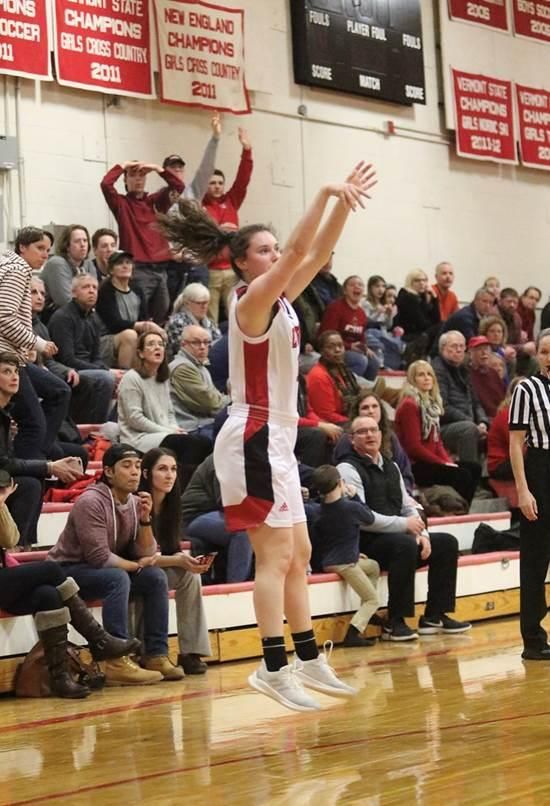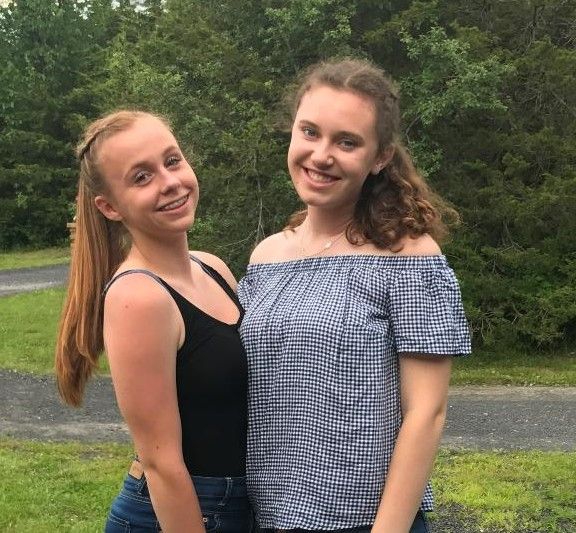27 Jun Meghan Gilwee – My T1D Takeaway!
Hello! My name is Meghan Gilwee, I am a good friend of Johanna Kolok, daughter of SLAMT1D’s co-founders Natalie and CEO Jeff Kolok. I grew up in Shelburne, VT and am currently going into my senior year at UVM where I am studying to be a nurse. Growing up I enjoyed playing basketball, hiking, hanging out with friends, and a bunch of other things! Now for the fun part, talking about T1D!
I’ve had Type 1 diabetes for roughly 14 years now, so at the time of my diagnosis I was just 7 years old. Looking back upon my journey with T1D (‘cause it is a journey not a destination!) I have learned some invaluable lessons through my highs and my lows (literally). I’ll share what I believe is the most important one, but first let me provide you a little bit about my diagnosis.

The night before I was diagnosed I developed an unquenchable thirst. That same night I wet the bed I think around 4 times. Wetting the bed once or even twice is normal for a 7-year-old, but by the time the third happened my mom knew something was wrong. Luckily my mom is a primary care doctor so she was able to recognize my symptoms early and she went to her office to get a glucometer. When we first checked my blood glucose it was 342 mg/dl! To keep it short, after that my mom rushed me to the hospital and a few hours later I was diagnosed with T1D.
Now for the takeaway! Growing up my mom said I would ask questions like, “Is diabetes better or worse than having cancer?” She thinks I did this in order to have a foundation of what I was going through by comparing my disease to a disease I was already familiar with. Though I was experiencing demanding tasks everyday such as going to the nurse at least four times a day and pricking my fingers 12 times a day, it wasn’t until I started to participate in my own care when I was able to make that connection. It’s not easy recognizing the fact that I will have to go through hardships daily. Subsequently quite a few complex emotions rose to the surface: the most frequent one being loneliness (feeling like no one could understand where I was coming from or what I was going through). It’s no surprise that I deal with loneliness since everyone deals with it to some degree, but I prefer to look at loneliness as a blessing rather than a curse. Since I know what loneliness feels like and often feel misheard sometimes, when I do finally feel heard and supported these good feelings don’t go unappreciated, they are actually celebrated. Without Type 1 diabetes, without feeling these complex emotions, I wouldn’t know the value of a T1D friendship, a supportive parent, or even a smile from a stranger walking by.
The night before I was diagnosed I developed an unquenchable thirst. That same night I wet the bed I think around 4 times. Wetting the bed once or even twice is normal for a 7-year-old, but by the time the third happened my mom knew something was wrong. Luckily my mom is a primary care doctor so she was able to recognize my symptoms early and she went to her office to get a glucometer. When we first checked my blood glucose it was 342 mg/dl! To keep it short, after that my mom rushed me to the hospital and a few hours later I was diagnosed with T1D.
Now for the takeaway! Growing up my mom said I would ask questions like, “Is diabetes better or worse than having cancer?” She thinks I did this in order to have a foundation of what I was going through by comparing my disease to a disease I was already familiar with. Though I was experiencing demanding tasks everyday such as going to the nurse at least four times a day and pricking my fingers 12 times a day, it wasn’t until I started to participate in my own care when I was able to make that connection. It’s not easy recognizing the fact that I will have to go through hardships daily. Subsequently quite a few complex emotions rose to the surface: the most frequent one being loneliness (feeling like no one could understand where I was coming from or what I was going through). It’s no surprise that I deal with loneliness since everyone deals with it to some degree, but I prefer to look at loneliness as a blessing rather than a curse.
Since I know what loneliness feels like and often feel misheard sometimes, when I do finally feel heard and supported these good feelings don’t go unappreciated, they are actually celebrated. Without Type 1 diabetes, without feeling these complex emotions, I wouldn’t know the value of a T1D friendship, a supportive parent, or even a smile from a stranger walking by. It is unfortunate that the reason I appreciate all these great things is due to a life-altering illness, but I am thankful that it gave me a new perspective on the appreciation of all the good in my life. I hope this article encourages you to look at whatever difficult situation you’re going through and try to spot the good that results. I promise you good is all around us, it’s all around you: we just have to be willing to see it!



